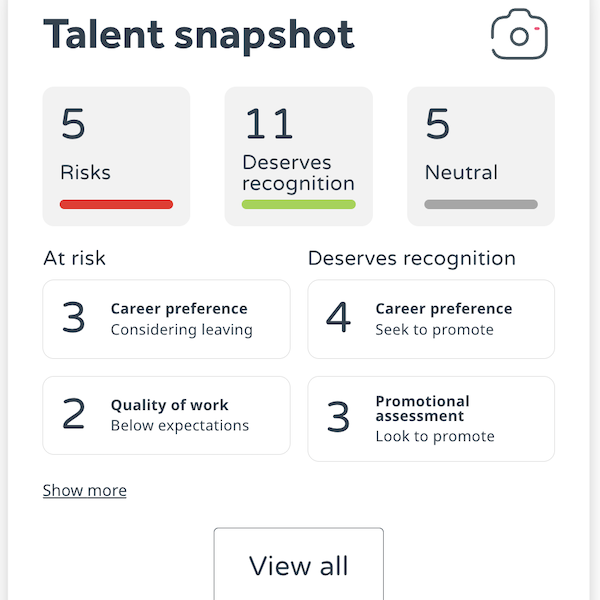We were delighted to hear that one of our valued clients, Carnival UK – the operating company for renowned cruise lines P&O Cruises and Cunard was recently shortlisted as a finalist for the Internal Communications category at the UK’s prestigious Employee Engagement (EE) Awards.
Part of Carnival Corporation & plc, the world’s largest leisure travel company, providing guests around the globe with extraordinary cruise holidays, Carnival UK seeks to provide unforgettable holiday happiness. And with over 755,000 guests travelling in 2018, this can only be done if the 15,000-strong workforce is engaged and happy.
The EE Awards are the first and only global awards dedicated to employee engagement. They aim to provide a platform to recognise excellence in engagement that inspires action and drives the industry and the employee experience forward.
Winners of the 2018 entries will be announced later this month at the EE Awards night held at Twickenham Stadium on 24th January 2019.
I caught up with Hannah Leach, Employee Experience and Culture Director at Carnival UK, to find out more about their approach to employee engagement.
Can you tell us a little bit about your employee communication strategy and how you plan it?
Our employee communications strategy is really simple; it’s about being clear on what the story we want to tell is, who tells it and how, who we tell it to, and how we listen to the response. That is essentially the function or purpose of any internal communications team. We plan around the year’s key project and cyclical milestones and our core channels. We have to continually review and adapt our plan as there is so much going on, and timings of things frequently change.
Are you able to give us any examples of how you engage employees at Carnival? What sort of initiatives to do you run to ensure your people are motivated at work?
As a business, our purpose is to create unforgettable holiday happiness. It’s a joyful and motivating purpose and one that gives us licence to help shape a fun and happy culture. We’d always aim to keep people engaged with a ‘face-first’ communications philosophy, so we put a lot of time and energy into events, employee experiences (e.g. volunteering on board, fundraising), managerial cascade, town hall announcements etc. On the events side, we create lots of opportunities for people to do something fun and different away from their daily work because there’s clearly a wellbeing benefit to that too.
How do you take onboard feedback from employees and how does it inform your approach?
All onboard team members are invited to complete end of tour surveys when they finish a contract and we work closely with our colleagues onboard to understand the ‘word on the street’. We use that insight to shape our key communications. We’re in the process now of designing a framework for more formal listening groups to make that process a bit more structured and robust in terms of feedback loops. Before launching major product changes or key initiatives, we’ll always consult with management on board for their views to help us build the activity and address concerns. We’ve also recently launched an ideation initiative, Bright Ideas, in relation to HESS (Health, Environment, Safety and Security) which gives colleagues the chance to tell us the changes that could be made to make the working environment even better.
How do you measure the impact of your internal communications strategy and how do these feed into the organisation’s performance overall?
Our main measure is our colleague eNPS – likeliness to recommend us as a great place to work, and that gives us a temperature check of how things are or are not landing. We get a lot of richness in the survey comments about communication effectiveness. We do regular surveys on bespoke initiatives and have frequent conversations with teams on board about how things are landing – quite a bit of the measurement is anecdotal. We’re just starting to get enough data to really be able to start drawing tangible links between engagement and business performance and expect to be able to do that more robustly by mid-2019. We’d love to get to a point where we could almost assign a value to an eNPS point.
Other than the measures you’ve outlined above, what does success look like in your job?
Success for an internal communications team is when you get to the point that colleagues recognise the value of what you do and the way you do it such that they want to engage you in what they’re doing. This business really recognises the importance of getting communication right and cares about it and so that way, I feel really fortunate. Our challenge now is to give colleagues the tools, skills and confidence to do it well for themselves rather than feeling like it’s our job to do it for them. I think it can feel quite overwhelming for people when they realise how much time and effort is involved in getting communication right and doing it well.
What made you get into internal communications and what do you enjoy most about your job?
I’d always wanted to write, since I was old enough to read and hold a pen and originally I wanted to become a journalist. After University, I did events and PR work and internal communications felt like a natural progression. The thing I love about my job is that internal communication isn’t really just about getting a message out. It’s about shaping a culture and employee experience and the impact you have is very tangible and therefore hugely rewarding. I really feel what I’m doing is important and making a difference in people’s work lives and that’s humbling. I also love that it gives you the chance to network and build relationships across the whole organisation and I feel like I’m always learning which really motivates me.
WeThrive would like to say a huge congratulations on being selected as finalists for the award and we hope you come out on top at the awards ceremony. It’s great to see a business doing employee engagement well!
About WeThrive
Employee Engagement, Evolved
WeThrive is the agile employee engagement platform that uncovers how your people truly feel, enabling managers to create highly effective teams, increase employee retention and employee wellbeing and deliver better business results.
At organisation, team or individual level WeThive’s unique 4cs model leverages the latest psychological understanding to quickly and easily deliver insights, actions and learning content to help your managers become better managers, creating a high performance culture and improving business results. UK based, WeThrive has an average 91% employee engagement survey completion rate and to date has made over 5000 company-wide recommendations.


